TL;DR
- Your website is your best salesperson — it works 24/7 to convert visitors into leads, sales, and trust.
- Most agencies invest in marketing but neglect their site, weakening the overall ROI of campaigns.
- A modern, high-performing website enhances every click, ad, and SEO effort by guiding users toward action.
- Building or redesigning a site costs upfront, but it pays off repeatedly by amplifying conversions.
- Agencies need to treat their website as a core asset, not an afterthought—it’s the foundation for growth.
Introduction
In the fast-paced world of digital marketing, every click counts — and so does every second a visitor spends on your website. While agencies pour thousands into ad campaigns, SEO strategies, and social media content, many still overlook the one asset that ties it all together: the website. But here’s the truth—your website isn’t just a virtual brochure. It’s your hardest-working salesperson, your conversion machine, and often the first (and last) impression your brand makes.
For digital marketing agencies, a modern website is more than a nice-to-have. It’s the foundation that multiplies the impact of every campaign you run. When designed and developed with ROI in mind—ideally with the help of a professional web development company – it turns traffic into tangible results: leads, sales, subscriptions, and trust. In this post, we’ll break down exactly how a high-performing website can unlock exponential returns for agencies and the clients they serve.
ROI Starts at the Front Door
Let’s talk numbers.
Research shows that 88% of online consumers are less likely to return to a site after a bad experience. On top of that, 47% of users expect a site to load in two seconds or less. If your homepage moves slower than a sloth on a lazy Sunday, your prospects are already on your competitor’s page.
In fact, for every $1 invested in UX, companies see a return of $100. That’s a 9,900% ROI. Not bad for just making your website not suck.
And if you’re using WordPress (powering over 40% of all websites), there’s a great CEO’s Guide to Mastering WordPress ROI Optimization you should check out.
The Website-Digital Marketing Tag Team
Your digital marketing agency rolls out a killer Facebook ad campaign. The click-through rate? Through the roof. But when users land on your outdated, clunky, slow-loading site, the magic dies faster than a knockoff phone battery. What’s the point of spending thousands on traffic if your site can’t convert it?
Modern websites turn that traffic into leads, sales, email subscribers, or loyal fans. They act as the bridge between strategy and success. And here’s how.
1. Conversion-Driven Design
Modern websites don’t just win beauty pageants. They convert. A good agency understands the importance of aesthetics, but a great one knows design must serve a purpose, and that’s getting users to take action.
Strategically placed CTAs (calls to action), clear messaging, minimal distractions, and mobile-first layouts all guide users toward your goals. You want them clicking “Buy Now,” “Book a Demo,” or at least “Stop Lurking and Subscribe.”
Websites built with conversion in mind complement paid ads, social content, and email funnels by making sure that every visitor has a clear path to follow. Confused people don’t buy. Confused people close tabs.
2. SEO + Web Dev = Power Couple
SEO is the love language of Google, and your website needs to whisper sweet nothings into its algorithmic ears. A fast, mobile-optimized, semantically structured, and content-rich website helps your SEO strategy actually rank.
Agencies might spend months creating blog content or backlink strategies, but if your site doesn’t have the technical chops like schema markup, logical URL structures, or even a simple SSL certificate, you’re shooting blanks.
Search engines love modern websites because they’re easier to crawl, faster to load, and better organized. Your SEO efforts don’t go to waste, and organic traffic becomes a reliable growth channel, not a shot in the dark.
3. Analytics: Stop Flying Blind
Here’s where things get juicy: modern websites come loaded with analytics capabilities. Platforms like Google Analytics 4, Hotjar, and even AI-based tools can show what users love, hate, click, skip, rage-click, or completely ignore.
This data helps agencies refine their strategies, test campaigns, and optimize every dollar spent.
Let’s say your bounce rate looks like a trampoline. A modern site allows agencies to dig in and find out why. Maybe your homepage screams “Web 1.0” or the contact form asks for everything except your blood type. Knowing this lets you pivot fast.
And fast decisions save money. Or, in some cases, stop wasting it altogether.
4. Speed Kills (Conversions, That Is)
Remember those impatient users from earlier? Yeah, they weren’t kidding.
If your site loads slower than your grandma’s dial-up, users will bounce. Every second of delay in page load time can reduce conversions by up to 20%.
Modern websites, especially those built with frameworks like Next.js or optimized WordPress themes, dramatically improve load times. Add in lazy loading, image compression, caching, and CDNs, and voilà, you’ve got a site that runs like a dream.
Faster sites = lower bounce rates + higher conversions = ROI that doesn’t make your CFO cry.
5. Responsive = Responsible
No one should need a microscope to navigate your site on their phone. In 2025, over 60% of global website traffic came from mobile devices. If your site isn’t mobile-responsive, you’re turning away more than half your audience.
Agencies can drive all the traffic in the world, but if the landing experience involves pinching and zooming like it’s 2010, conversions go poof.
Modern responsive design ensures a seamless experience across all screen sizes. Whether your customer’s on a Galaxy Fold, an iPhone, or a potato with a screen (looking at you, budget Android), they’ll see a version of your site that actually works.
6. Brand Consistency
You know what breaks trust? A slick Instagram feed and a homepage that looks like it was made with Microsoft FrontPage.
Modern websites offer full control over branding elements like fonts, colors, visuals, and tone, ensuring your entire digital presence feels like it came from the same planet.
Agencies work hard to build brand identity through social media, email, and paid campaigns. Your website must reflect that identity, or it all falls apart faster than a Jenga tower during an earthquake.
Brand inconsistency confuses users. And, as we’ve already discussed, confused people don’t buy.
7. Scalability and Flexibility
Modern websites aren’t static brochures. They evolve. Agencies need to test landing pages, spin up new campaigns, launch microsites, A/B test CTAs, or promote seasonal offers on the fly.
With platforms like WordPress, Webflow, or headless CMS options, modern sites allow for easy content management without begging a developer to move a button 5 pixels to the left.
This flexibility keeps agencies agile. They respond to trends faster, capitalize on market shifts, and experiment without blowing the whole thing up.
8. Modern Security and Compliance
Let’s be blunt: if your site doesn’t have HTTPS by now, it’s basically the digital equivalent of inviting hackers over for tea and cookies.
Modern websites support best practices like SSL encryption, GDPR compliance, ADA accessibility, and CAPTCHA protection. These features build trust with visitors and regulators alike.
When agencies spend months building customer loyalty and trust through campaigns, the last thing they want is for a sketchy “Not Secure” warning to ruin the vibe.
Final Thoughts
A modern website turns digital marketing from a gamble into a calculated investment. It ensures that every click, like, and scroll leads toward ROI. It transforms curiosity into conversions and makes sure your agency’s strategy doesn’t land on a broken landing page.
Sure, building or redesigning a website takes time, money, and caffeine. But it pays for itself. Over and over again.
So if you’re investing in digital marketing but treating your website like a dusty storage room, it’s time to clean house. Your agency’s strategy needs a proper stage. And trust us, your audience is already watching. Partnering with an experienced web development company can make all the difference—giving your campaigns the performance-ready platform they deserve.
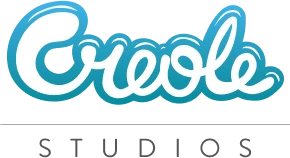

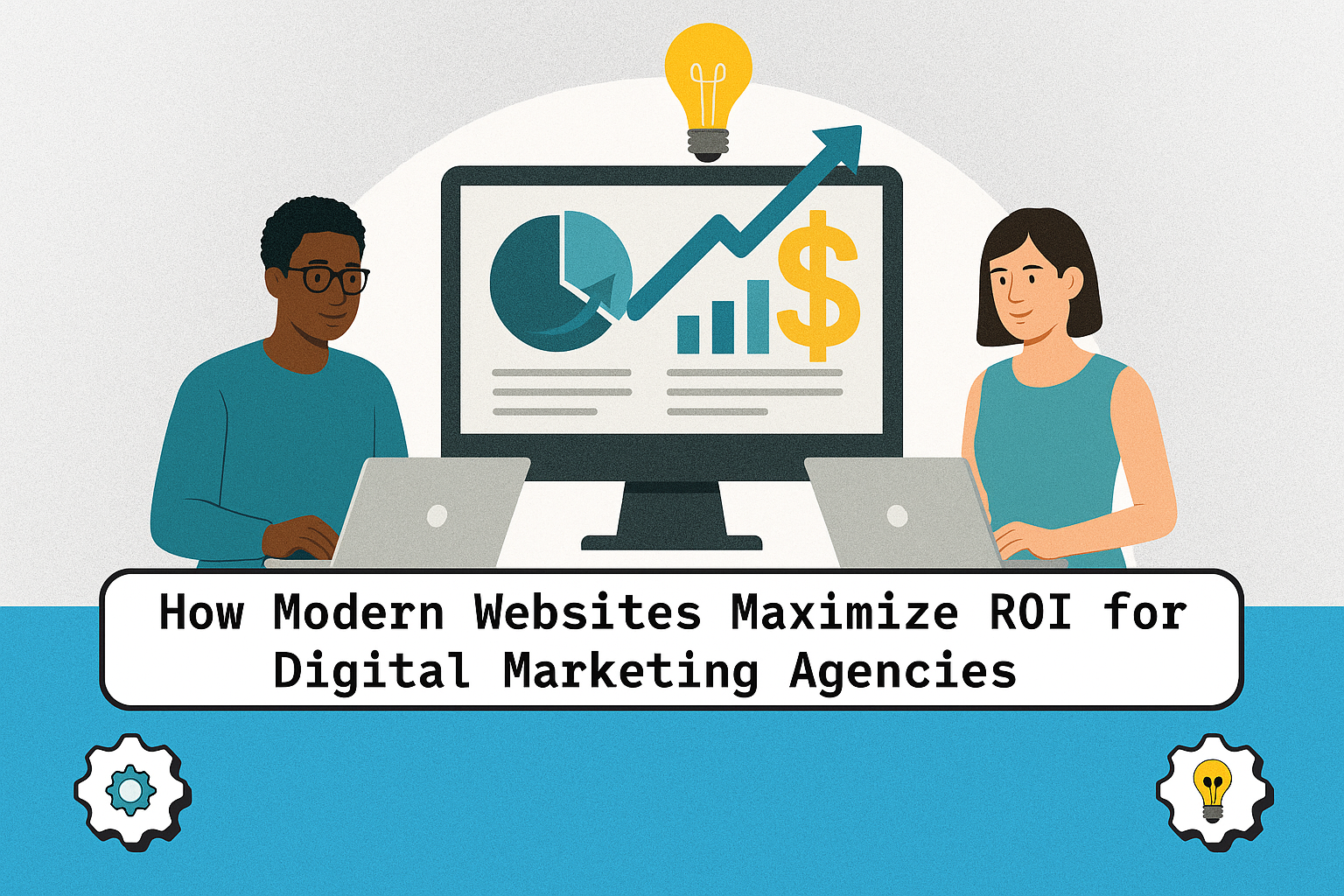








 30 mins free Consulting
30 mins free Consulting 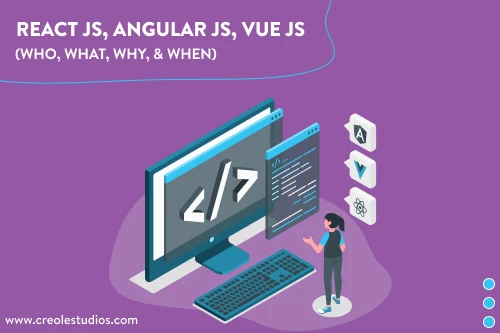
 10 min read
10 min read 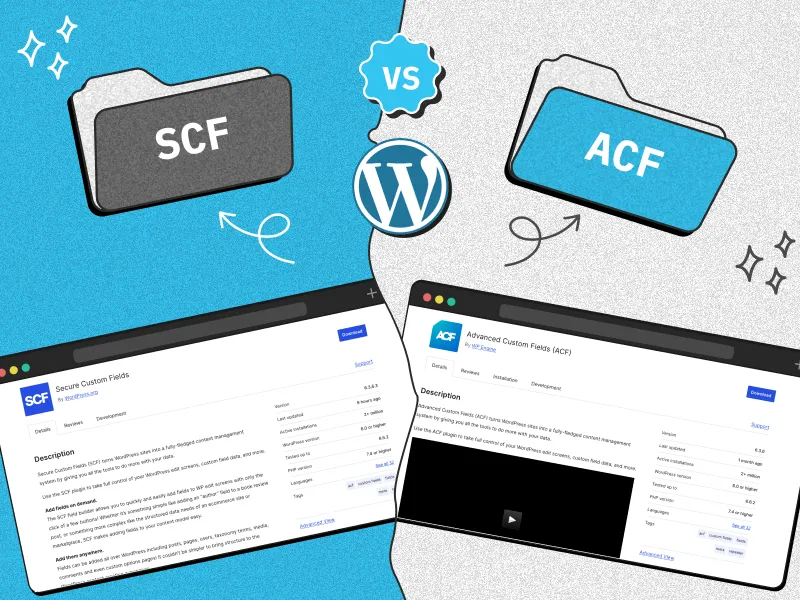
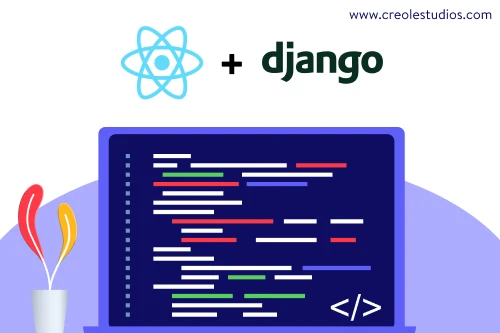

 Canada
Canada 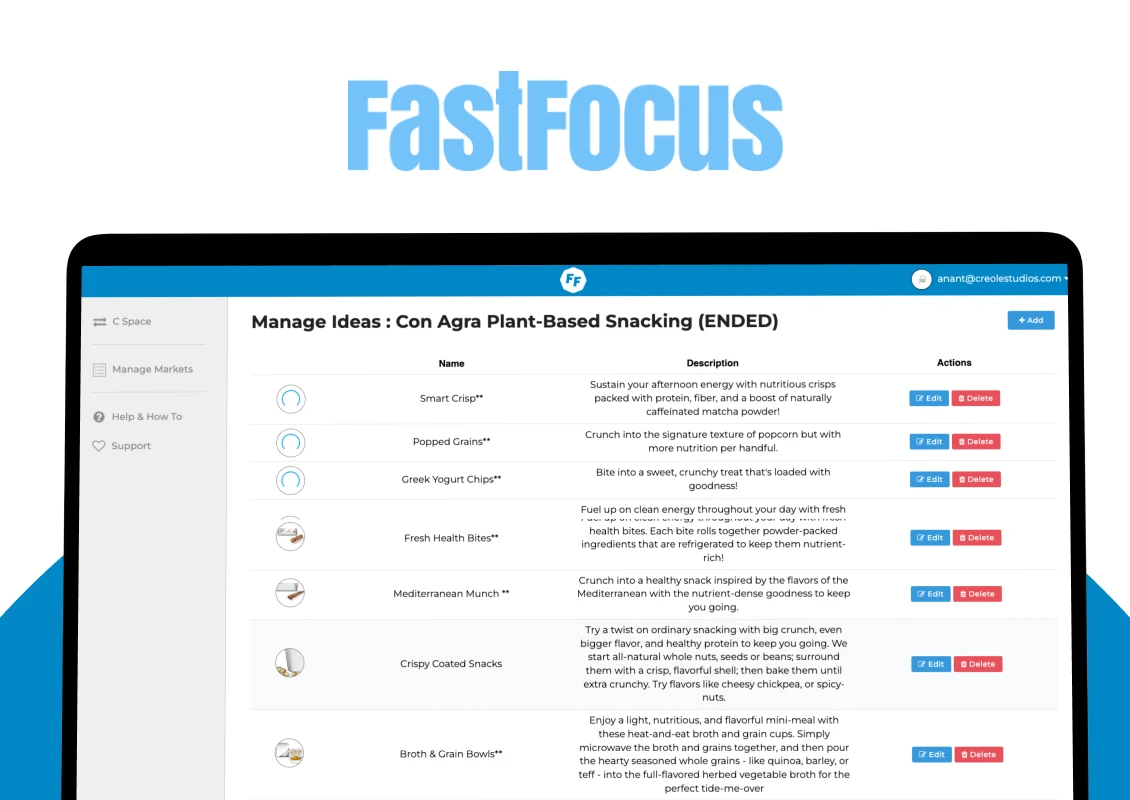
 USA
USA 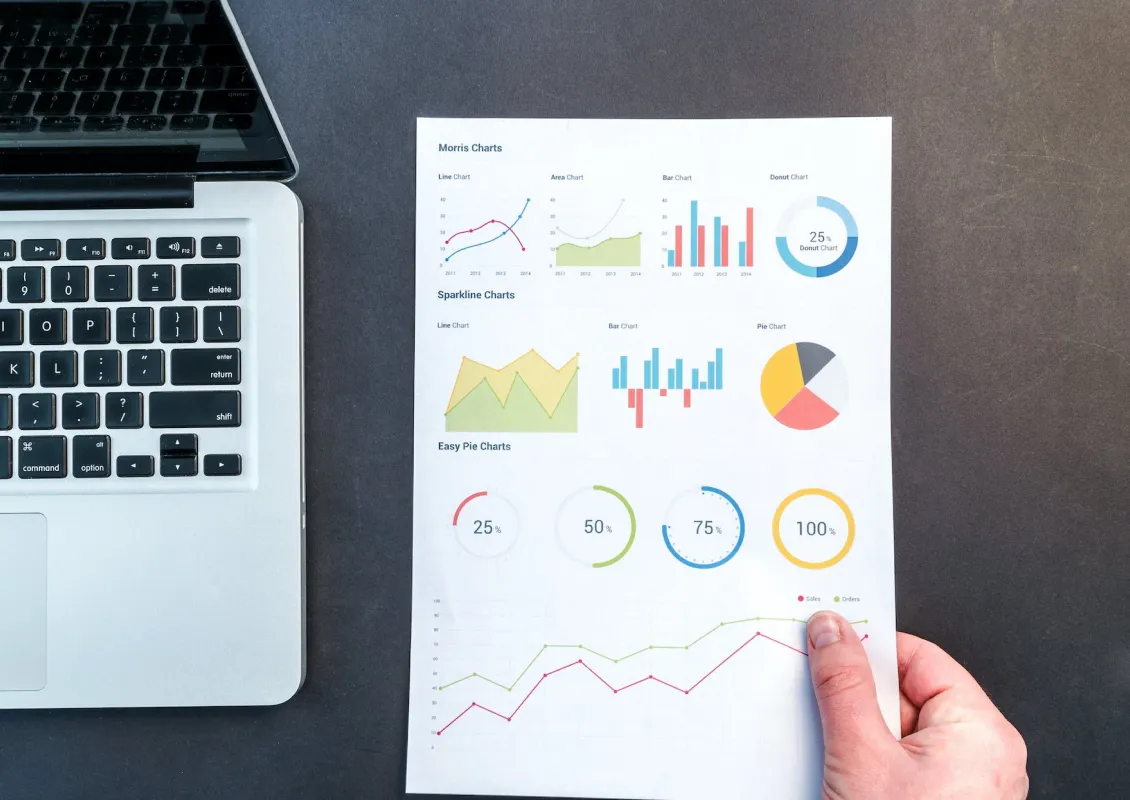






 Love we get from the world
Love we get from the world 